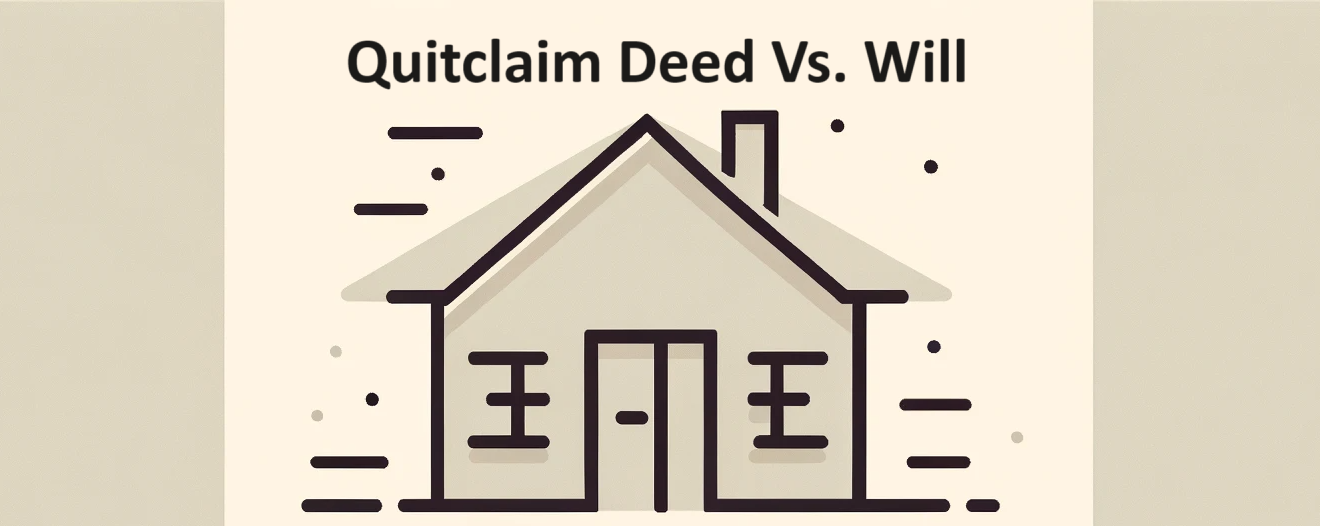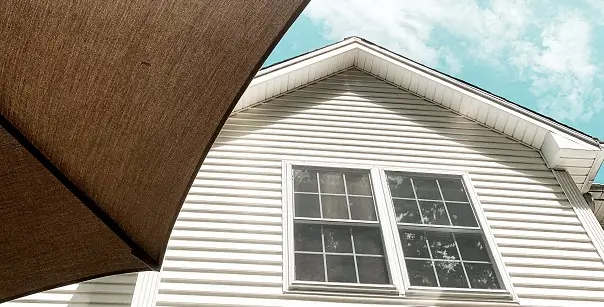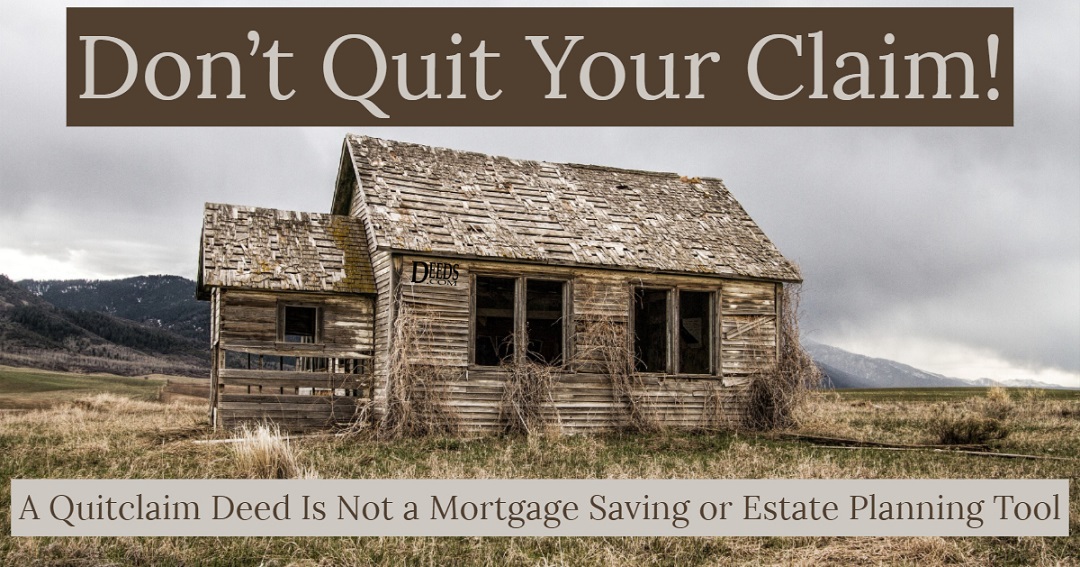Tag: Estate Planning
-

Warning: When Not to Sign Over Your Deed
Transferring the deed to your home is a simple matter. Generally, you just have to find the current deed to your home, then get the right deed form to write up your new deed to convey to another party, and take the document to a notary. Then your signature can be notarized and the deed can be…
-

Welcome News: Some States Are Helping Seniors Defer Their Property Taxes
Taxes keep going up, following property values. But some homeowners — and buyers — can tap into county or state property tax breaks. Some states exempt seniors from property tax. Some states let eligible homeowners put off paying property taxes — in many areas, for as long as they own the home. An exemption doesn’t…
-

Using a Quitclaim Deed: What Are the Drawbacks?
A quitclaim deed is a simple form that transfers a piece of real estate from one person to another. Any homeowner can fill out a quitclaim deed with their name and the name of the recipient, and the property’s existing legal description, sign it in front of a notary and record the document. That effectively…
-

Can a Quitclaim Deed Be Undone?
A quitclaim deed transfers real estate to a new owner. A properly completed and recorded quitclaim cannot be undone. Here’s why — and what to do next if there’s a problem with the transfer.
-

Can I Quitclaim My House Into a Living Trust?
We’re glad you asked. You might have heard that a living trust can… All of the above are reasons many people use this method of passing their property along after they die. And a home is a typical piece of property that people put into a living trust. Importantly, a living trust is a…
-

Should Your Child’s Name Be on Your House Deed?
Compare the Alternatives Thinking of putting your child’s name on your house deed? If that’s the person who will get the home after you pass in any case, it might seem sensible. And maybe it is, in certain circumstances. After all, probate can be time-consuming, and even contentious. But before making this decision, do you…
-

After You’re Gone, Does Your Mortgage Live On?
You might be wondering about that house or condo you’ve left in your will. Often, after a homeowner passes on, the real property is sold from the estate to pay off debts. But maybe you have a relative who would like to have and keep your home. For the sake of exploring the question, say…
-

Will Versus Quitclaim: When There’s a Conflict, Who Owns the House?
Usually, the quitclaim deed overrides the instructions in a will. But the devil is in the details. At age 60, Letitia bought her Sacramento home, as a sole owner. Twenty years later, aged 80, Letitia went into a care home. Letitia subsequently signed a quitclaim deed and gave the home to Jackson, the only one…
-

Should a House Be in an Irrevocable Trust?
A home can go into an irrevocable trust. But giving up control over a primary residence is not something most owners want to do. The owner lets go of the “incidents of ownership” and the house goes under a separate tax ID, with taxes filed by a trustee. The owner might continue living in the…
-

Is It Time to Place Your Home in a Living Trust?
With a revocable (living) trust, you can assume the role of trustee, and stay in control of your real estate during your lifetime. After you pass away, your living trust becomes a substitute for probate. This is especially helpful if your estate would otherwise face multiple probate processes because you have real estate in several…
-

Don’t Be the Intestate Homeowner: Write Your Will
No homeowner should die intestate. In plain English: Every homeowner needs a will. By now, everyone knows life is fragile. Nobody has forever and a day to put an estate plan down in writing. And if you do leave things hanging, and you do pass away without a will, or without some combination of a…
-

Is a Quitclaim Deed Subject to Tax?
Quitclaims are sometimes used to transfer property interests from one family member to another, or between divorcing spouses. Parents might wonder if they should use quitclaims to pass property to children to avoid the probate process. It’s easy enough to do. The homeowner signs the document with a notary, takes it to the county recorder…
-

What Happens If the Mortgage on Your Home Outlives You?
Mortgages can span decades. Naturally, not all homeowners outlive these long-term loans. Here, we discuss what happens when a homeowner passes away with a loan still on the home. This can be a tough topic to confront, but reviewing the potential scenarios will help you prepare for the possibility.
-

Don’t Quit Your Claim! A Quitclaim Deed Is Not a Mortgage Saving or Estate Planning Tool
A quitclaim deed conveys—”quits”—a person’s interest in a property to someone else. Quitclaims prove useful in certain transfers of properties among family members or between divorcing spouses. The quitclaim allows separating partners to follow a court’s direction and leave one party as sole owner of the marital home. Quitclaims might seem convenient in other circumstances, but…














